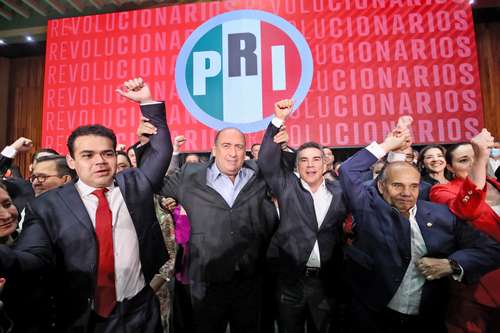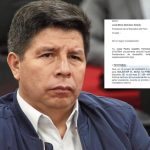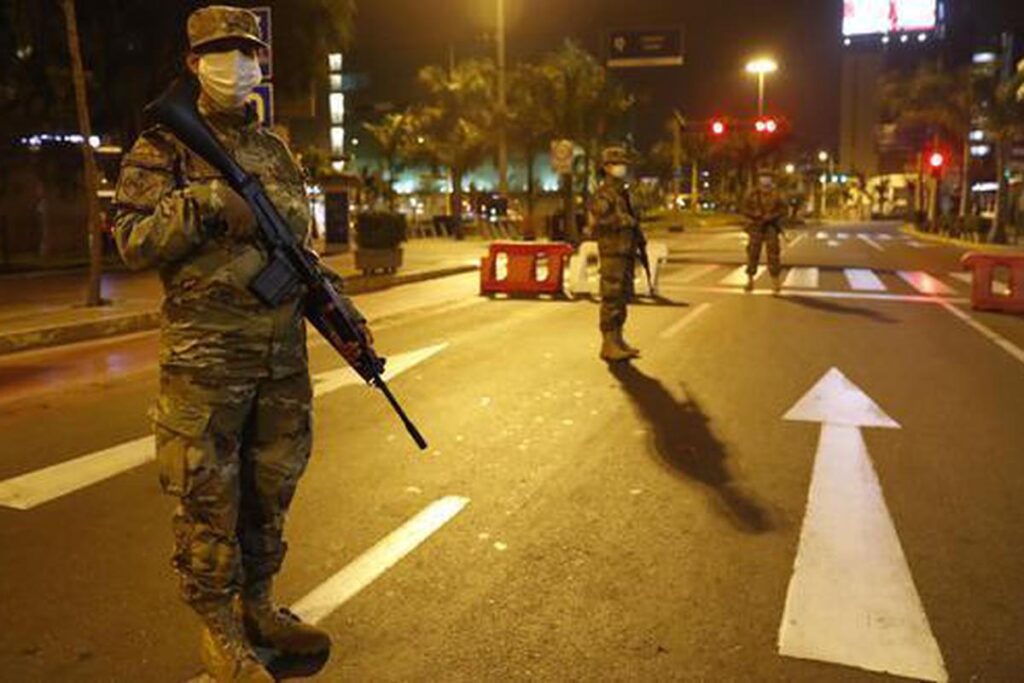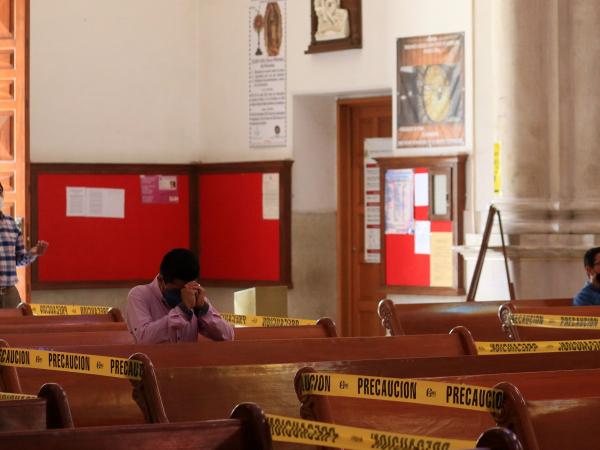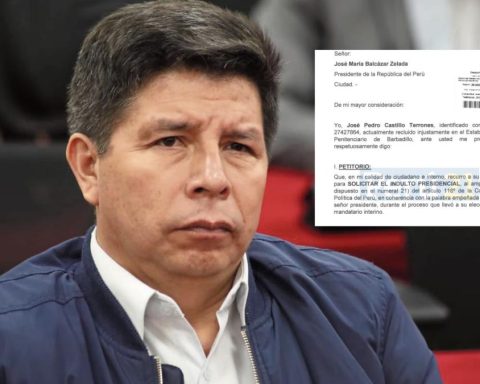▲ Yesterday, at its national headquarters, the president of the PRI, Alejandro Moreno, and representatives of the caucuses gave their position on the electricity reform.Photo Luis Castillo
Enrique Mendez
Newspaper La Jornada
Tuesday, April 5, 2022, p. 4
The draft opinion of the constitutional reform in electrical matters anticipates two changes to the initiative of President Andrés Manuel López Obrador, so that municipalities and social organizations -including peasants and unions- generate their own energy, for the equivalent of up to one megawatt, as well as recognize distributed generation contracts, but eliminate the illicit self-supply model.
These are additions to the transitional regime of the proposal, and which maintains the fundamental basis of the reform untouched: recover the strategic nature of the Federal Electricity Commission (CFE) and order that it be in charge of the energy transition; that the State maintain dominance over lithium and manage at least 54 percent of the market; and cancel illegal contracts.
The core of the reform, explain the Energy and Constitutional Points commissions of the Chamber of Deputies, in the draft opinion that was circulated to legislators since yesterday, is that electricity must go from the commodity model – this is from a well with a value and utility– to that of public service, to return the social character
.
As they had foreseen, the commissions delivered the text at noon this Monday, to comply with the provision that any project to reform the Constitution be circulated five business days prior to the date of discussion.
In the transitory articles, added: Existing distributed generation contracts are recognized and the current conditions for new contracts up to 0.5 megawatts are maintained. Municipalities and non-profit social sector organizations may enter into contracts for self-consumption with distributed generation for up to one megawatt, complying with the requirements established by the CFE
.
Juan Ramiro Robledo (Morena), president of the Constitutional Points Commission, explained at a press conference that as social sector organizations
Peasant and trade union organizations are also considered.
In the project, both commissions reject the proposal of the National Conference of Governors (Conago) and that of the candidate of Va por México for the Hidalgo government, Carolina Viggiano, to declare the human right to electricity, considering that this is already implicit in the initiative.
However, it is specified that the State must define a minimum basis for the enforceability of the right and, therefore, the National Electric System must revise downwards its rates for domestic use and primary activities.
If the electricity rate is unpayable for a farmer, ejidatario or community member, or a worker, the human right will remain only in the letter of the Constitution
they explain.
Both commissions rejected seven of the eight initiatives of legislators in the matter, and in what was interpreted as a nod to the PRI members who are in favor of the reform, only Viggiano’s proposal, who is wife of the coordinator of the caucus in San Lázaro, Rubén Moreira.
The mention specifies that the central objective of the initiative of the general secretary of the tricolor The presidential proposal is already fulfilled.
The project assumes the presidential initiative so that the State exclusively carries out the exploitation of lithium, and that the CFE has the responsibility of conducting the strategic activity of generation and distribution of electricity, in order to guarantee energy security as a condition that sustains national security
.
Both commissions also ratify that, in the TMEC negotiations, the government of President López Obrador safeguarded Mexico’s sovereign right to reform its Constitution and laws, without restriction on energy matters.
